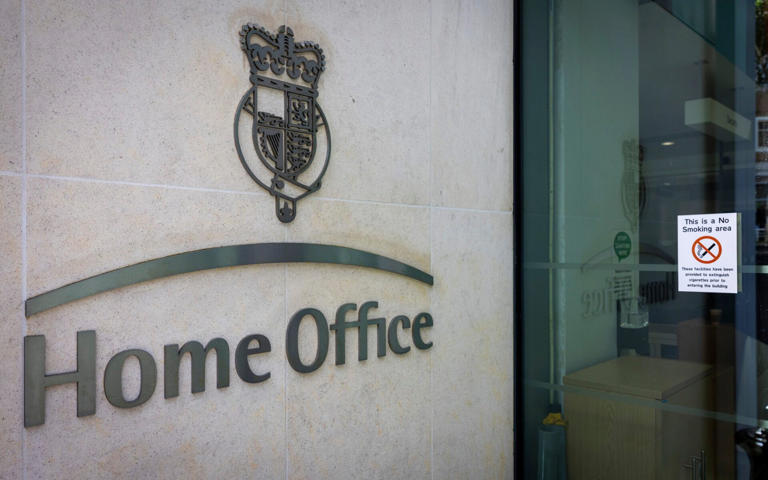The Home Office has scrapped plans to use a Norfolk hotel to house asylum seekers after weeks of controversy and the threat of legal action from the local council.
The Park Hotel in Diss, currently accommodating women and children seeking asylum, was earmarked for conversion to accommodate single men. The proposal sparked protests in the town last month and drew sharp criticism from South Norfolk Council, which argued the move would disrupt families who had begun to integrate into the local community.
On Friday, the Conservative-run council said it had been told by the Home Office that the hotel would no longer be used beyond the current contract. A Home Office spokesperson confirmed: “We are not planning to use this site beyond the end of the current contract,” adding that the decision was part of wider efforts to reduce reliance on hotels.
Council leader Daniel Elmer welcomed the decision but accused ministers of mishandling the process. “The Home Office thought it could just impose this change and that we would accept it. But there is a right way of doing things and the decision by the Home Office was just plain wrong,” he said.
He added: “Although I welcome the decision, in reality it does mean that the women and children who we fought so hard to protect will now be moved elsewhere, and that is a shame. South Norfolk, and Diss in particular, has always opened its arms to people in need and that should make us all very proud.”
Read Also: Home Office issues appeal for 5,000 properties to house 20,000 migrants
The hotel’s owners had warned they would rather shut the premises than accept the transfer of single men, while local campaigners argued the move risked inflaming community tensions.
Wider legal challenges
The Norfolk decision follows a separate development earlier this week when the High Court granted Epping Forest District Council a temporary injunction preventing asylum seekers from being placed at The Bell Hotel in Essex. That case has prompted other councils to consider legal action against the Home Office.
Home Secretary Yvette Cooper has said the government will appeal the injunction, insisting ministers remain committed to closing asylum hotels but that it must be done “in a properly managed way.”
Pressure on asylum housing
The dispute highlights the continued strain on Britain’s asylum system. Official figures show there were 32,059 asylum seekers in UK hotels at the end of June, up 8% on the same period in 2023, though lower than the peak of more than 56,000 in September last year.
The Home Office said that since summer 2023, the number of hotels used for asylum accommodation had been cut from more than 400 to fewer than 210, saving millions of pounds each day.
Adrian Ramsay, Green Party MP for Waveney Valley, which covers Diss, said the decision provided “welcome clarity” after weeks of uncertainty. “I feel for the families who have been living in the hotel who have been caught in the middle of the arguments about its future. Poor planning from the Home Office has resulted in weeks of uncertainty, and I hope they will now be given proper support and information,” he said.
Ongoing controversy
The Home Office has faced mounting criticism over its use of hotels, which at one point were costing the taxpayer nearly £9 million a day. While ministers insist they are working to close all asylum hotels, refugee charities warn that sudden relocations risk further disruption for vulnerable families.
With the Park Hotel decision, the government has avoided another legal battle with a local authority. But as councils across England signal growing resistance to the policy, the struggle over asylum housing shows little sign of easing.



